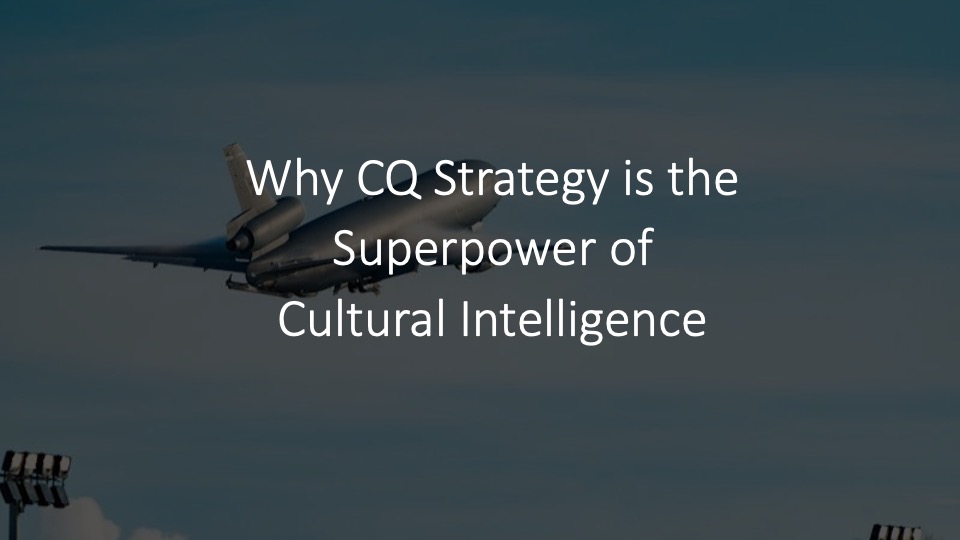Guest post by Emily Livermore, student at USC
What can you do more quickly? Name three state leaders from Asia or three kings to claim the Iron Throne in Kings Landing?
Thanks to HBO and fantasy novelist George R.R. Martin, many people from every region of the world will find the second task easier than the first. And this means TV just might be your best ally for striking up conversations with friends from another part of the world.
1. Television is a Global Industry that is Rapidly Growing
The global television industry is expected to generate over 530 billion US dollars next year from a combination of advertising, subscription fees, and public funding. This is a significant increase from just 5 years ago when the industry generated roughly 430 billion US dollars (iDate). FX Networks Research reports that the number of scripted shows on cable doubled between 2010 and 2014. Industry professionals are calling this the Golden Age of television.
Television is powerful because we become attached to characters and get caught up in their lives. The shows that develop cult followings bring people together as they analyze plots and characters. And the same show watched by someone from an entirely different part of the world is helping shape their narrative and perspective.
2. Television Shows Often Require Cultural Collaboration
Although television is primarily based in the United States and the majority of shows are created here, the U.S. can benefit from collaborating with other nations during production. Filming in other countries and hiring their citizens as actors or crew members often provides production incentives such as subsidies or tax reductions.
The importance of producers collaborating with people from other cultures is not just financial incentives. Cross-cultural collaboration is what usually draws a global audience and therefore exposes viewers to a culture other than their own. Game of Thrones is produced in Europe with primarily English actors. The world of this show may not be real, but the actors are. Viewers can get just as invested in their lives as they do with the characters. Watching shows with characters or actors that come from different cultural backgrounds is one simple way to aid your CQ Knowledge, presuming the show is not based on stereotypes of false truths.
3. Shows are Globally Accessible
Part of the growth of the television industry is not just the shows themselves. It is the expanding ways in which viewers can consume content as a result of the globalization of television platforms. TV now travels the world as much as we do.
Streaming platforms such as Netflix, Amazon, and Hulu have changed the game. People can watch shows on their phones anywhere at anytime. Viewers are even creating their own content with web series that are becoming increasingly popular on YouTube. Even in China where YouTube is blocked, YouKu, it’s equivalent, serves as a platform for vloggers and online streaming of shows. The variety of viewing options allows global access to content. Netflix is now accessible for people located in many different countries. Now a lot of the same television content is built into the popular culture of several different countries. What we decide to watch can reveal aspects about ourselves. And now, our favorite shows can also be points of commonality or conversation starters with people on the other side of the world.
4. We are all watching the same things (dubbing, one show airing in multiple places)
Game of Thrones, the most successful TV show ever produced by HBO, has aired across 170 countries. This degree of scale means that an unprecedented number of people from vastly different cultures are watching the same show. It is also common to dub or subtitle popular programs in multiple languages as a way of ensuring maximum viewership and a global audience. The hit American comedy Friends was dubbed in French, German, Spanish, Portuguese, Japanese, and Italian, among others. NCIS, a CBS crime drama, reached about 200 markets in 59 different languages (CEO of CBS Global Distribution).
5. Shows have to Adapt to Cultures Just Like We Do
Just because shows are linguistically translated, it doesn’t mean they will translate culturally. This is especially true with comedies. An article on Vulture, a branch of New York Magazine, highlights an episode of Friends where the character Joey fails at speaking French. This likely did not play out very well in the French version. Humor doesn’t always translate cross-culturally. This is exactly why the British comedy The Office was changed to fit American culture when it was exported to the U.S. The American version of The Office has the same characters, setting, premise, and general plot points, however, the humor is much lighter and more silly than the British original, which consists of darker humor. This was a cultural alteration that allowed the adapted version to become wildly popular with Americans. In fact, the show was renewed for 9 seasons! The British version would likely not have been as well received by Americans. If you are in the U.S., you can compare the two versions for yourself on Netflix.
Competition shows, such as The Voice, America’s Next Top Model, or Big Brother are also commonly adapted for different countries or cultures. People often prefer to watch contestants that look similar to them and speak the same language. These types of shows maintain the same premise, rules, sets, etc in each country. However, the judges and contestants come from the given country airing that specific program. American Idol is just one version of the many Idol TV Series’. There is Australian Idol, Greek Idol, Superstar KZ in Kazakhstan, Vietnam Idol, Singapore Idol, Popstar in the UK, this year Ethiopian Idol will be premiering, and the list goes on.
By understanding how shows are adapted for different cultural contexts, you can improve your CQ. It provides a visceral way to see diverse behaviors and plot lines and it creates an immediate conversation topic with a diversity of acquaintances in many places
Emily Livermore is a film student at University of Southern California and is inspired by the power of film to communicate globally. She grew up getting to travel the world and views herself as a global citizen. When she’s not making films and studying, she loves to make music, go rock climbing, and explore LA with her friends.




